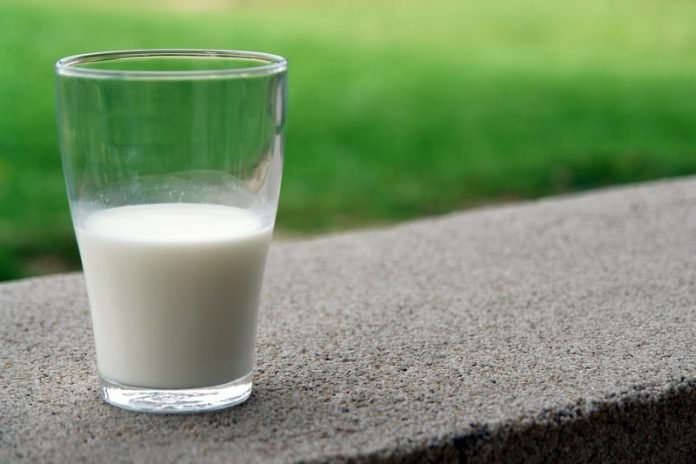
In a new study, researchers found that lower dairy intake may be beneficial for people with metabolic syndrome.
They showed that the body’s ability to regulate blood sugar levels was not directly affected by whether participants consumed dairy foods.
However, the consumption of either low-fat or full-fat milk, yogurt, and cheese reduced insulin sensitivity.
This project was motivated by previous studies suggesting people who ate the most yogurt or full-fat dairy foods tended to have a lower risk of Type 2 diabetes.
The research was conducted by a team at Fred Hutchinson Cancer Research Center.
A metabolic syndrome is a group of risk factors that raises risk of heart disease, diabetes, stroke, and other health problems.
Insulin sensitivity refers to how the body’s cells respond to insulin. High insulin sensitivity allows the cells of the body to use blood sugar more effectively, reducing blood sugar.
The study involved 72 volunteer men and women who had metabolic syndrome.
Using a parallel-design, randomized, controlled trial, the research team randomized the volunteers into three groups over 12 weeks:
A limited dairy diet, consisting of no dairy foods other than—at most—three servings of skim milk per week;
A low-fat dairy diet, consisting of more than three servings of skim milk, nonfat yogurt and low-fat cheese per day;
A full-fat dairy diet, consisting of more than three servings of whole milk, full-fat yogurt and full-fat cheese per day
After the 12 weeks, the research team measured a variety of biomarkers, including blood sugar throughout a glucose tolerance test, systemic inflammation and liver-fat content.
They found that blood sugar regulation was not directly affected by whether participants consumed dairy foods.
However, participants on the full-fat dairy diet gained a modest amount of weight, and participants on both low-fat and full-fat dairy diets saw a decrease in insulin sensitivity.
A reduction in insulin sensitivity could lead to an increased risk of Type 2 diabetes in the long term; however because blood sugar levels were not affected by dairy foods, the long-term impact of reduced insulin sensitivity in people eating a diet rich in dairy on Type 2 diabetes risk is unclear.
The team says while more work needs to be done examining the impact of diets rich in dairy in healthy populations, the finding of reduced insulin sensitivity that resulted from higher dairy intake may be concerning for people with metabolic syndrome and similar conditions such as prediabetes or Type 2 diabetes.
One author of the study is Dr. Mario Kratz, an associate professor.
The study is published in the American Journal of Clinical Nutrition.
Copyright © 2020 Knowridge Science Report. All rights reserved.



